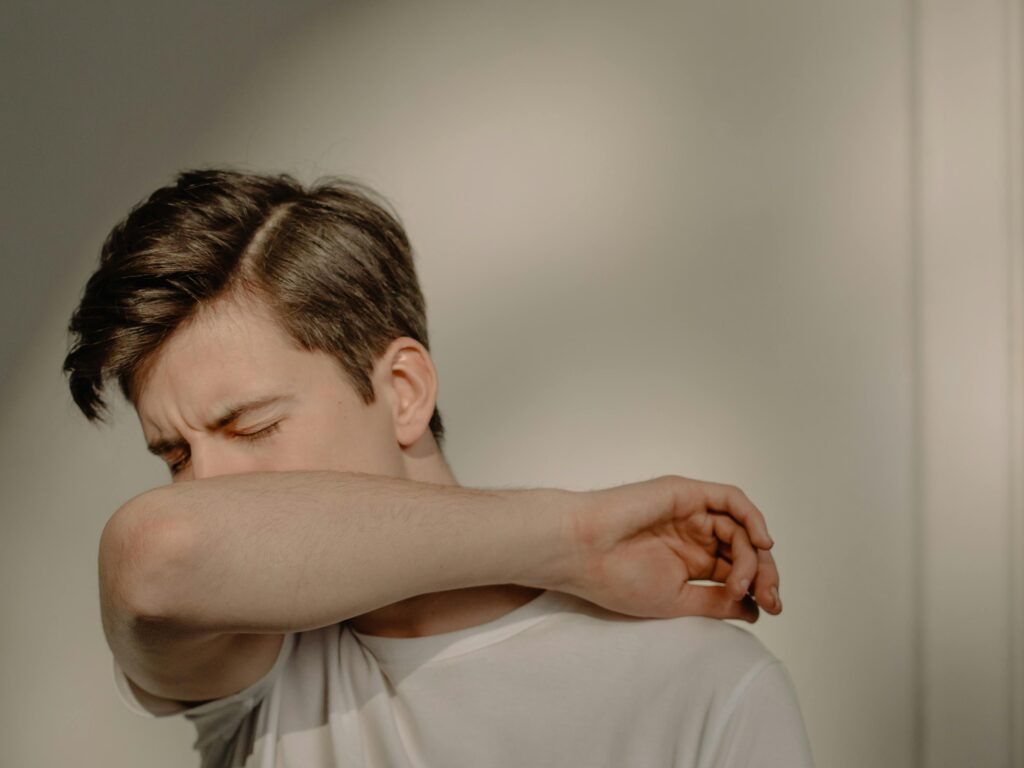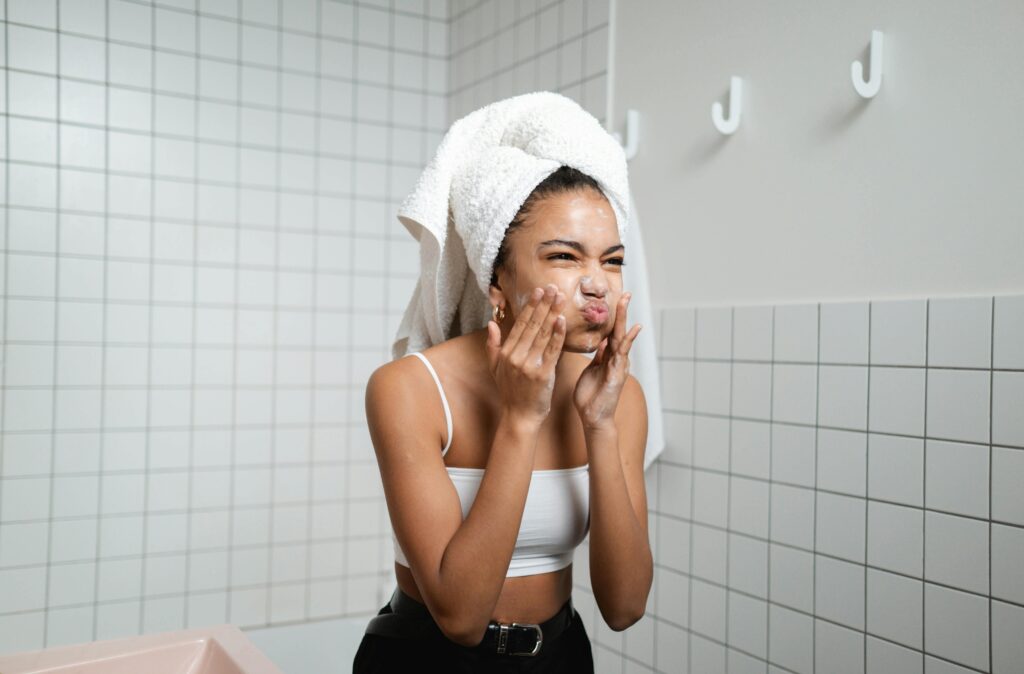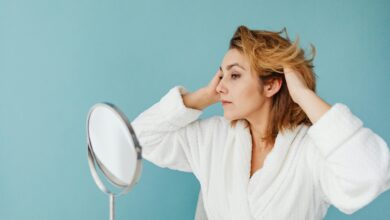Seasonal Allergy Beauty: Tips for Managing Symptoms and Maintaining Your Glow

As the seasons change and nature begins to bloom, many are faced with the not-so-glamorous side of spring and fall the arrival of seasonal allergies. From itchy eyes to sneezing fits, these symptoms can put a damper on your enjoyment of the outdoors, and they can also impact your beauty routine. But don’t fret! With a few simple strategies, you can manage these allergy symptoms and maintain your radiance. This post will guide you through easy-to-implement tips to navigate allergy season without sacrificing your glow.
Understanding Seasonal Allergies and Their Impact on Beauty

Seasonal allergies, also known as allergic rhinitis, are triggered by allergens like pollen, dust, and mold that are more prevalent during certain times of the year. These allergens can cause a variety of symptoms, including sneezing, nasal congestion, a runny nose, and itchy eyes. In the spring, tree pollen is often the culprit, while in summer, grass pollen takes the lead, and in autumn, weed pollen can wreak havoc. By understanding your allergy triggers and taking proactive steps, you can better manage these symptoms and continue to enjoy the beauty of the changing seasons.
Common Allergy Symptoms and Their Effect on Your Beauty Routine
Seasonal allergies can bring a range of symptoms that not only affect your comfort but also your appearance. Sneezing, nasal congestion, and a runny nose are common, but itchy eyes, throat irritation, and fatigue often accompany these. Constantly rubbing your eyes or nose can lead to dark circles and redness, making you look more tired than usual. These symptoms, combined with skin irritation and puffiness, can challenge your beauty routine. Knowing how to manage these symptoms can help you maintain your look while feeling better.
Beauty Challenges and Seasonal Allergy Symptoms
One of the biggest beauty challenges during allergy season is dealing with the side effects of constant rubbing or sneezing. The skin around your eyes and nose is particularly sensitive, and frequent irritation can lead to puffiness, redness, and dark circles under the eyes. In addition, allergens can cause skin issues like eczema, hives, or rashes, which can affect your complexion.
Another concern is the effect on hair health. Allergy symptoms can cause an itchy scalp, and the constant scratching can lead to hair breakage. Some medications used to treat allergies can also cause skin or scalp dryness, adding another layer of difficulty to your beauty regimen. But with a few adjustments, it’s possible to maintain a fresh and glowing appearance even during allergy season.
Tips for Managing Seasonal Allergy Symptoms and Maintaining Your Beauty
To combat seasonal allergies without compromising your beauty, consider the following strategies:
- Track Pollen Levels: Keep an eye on the pollen count in your area, especially during peak allergy seasons. On high-pollen days, try to stay indoors as much as possible, or exercise caution when going outside.
- Keep Windows Closed: To limit pollen exposure in your home, keep windows closed during the morning and evening when pollen levels tend to be highest. Use air purifiers with HEPA filters to improve indoor air quality.
- Wash Bedding Regularly: Pollen can settle on your bedding and trigger symptoms while you sleep. Wash your sheets, pillowcases, and blankets frequently in hot water to remove allergens.
- Practice Good Hygiene: After spending time outdoors, shower and change into fresh clothes to remove any pollen that may have accumulated on your skin or clothing.
- Use Allergy Medications: Over-the-counter antihistamines, nasal sprays, and eye drops can help alleviate symptoms. If your allergies are severe, consult a healthcare provider for prescription treatments.
Maintaining Your Beauty Routine During Allergy Season
Even though seasonal allergies can disrupt your skincare and beauty regimen, it’s still possible to maintain your radiance. Here are a few tips for keeping your beauty routine intact while managing allergy symptoms:

- Gentle Skincare: Choose hypoallergenic and fragrance-free skincare products to prevent irritation. Opt for moisturizers that hydrate and protect your skin without triggering allergic reactions.
- Mindful Makeup Application: Choose mineral-based or non-comedogenic makeup that is less likely to irritate your skin. Be sure to clean your makeup brushes regularly to prevent allergens from building up.
- Hydrate and Rest: Drinking plenty of water helps keep your skin hydrated, which can be especially important during allergy season when your skin may feel drier than usual. Getting enough sleep is also crucial to combat fatigue and dark circles.
- Hair Care: To deal with an itchy scalp, use gentle, anti-inflammatory shampoos and conditioners. Avoid scratching to prevent further hair damage and consider using a nourishing hair mask to keep your hair healthy.
- Consult a Dermatologist: If your allergies are significantly affecting your skin or beauty routine, consider consulting a dermatologist for targeted treatments or product recommendations.
Conclusion: Embrace the Season with Confidence
Seasonal allergies don’t have to ruin your spring or autumn beauty routines. By managing symptoms effectively and making adjustments to your skincare, makeup, and hair care practices, you can still look and feel your best. Remember, the key to maintaining your beauty during allergy season is a proactive approach—whether that’s limiting exposure to allergens, choosing the right products, or staying hydrated. With these tips, you can embrace the changing seasons with confidence, knowing you’ve got your beauty and wellness under control.





